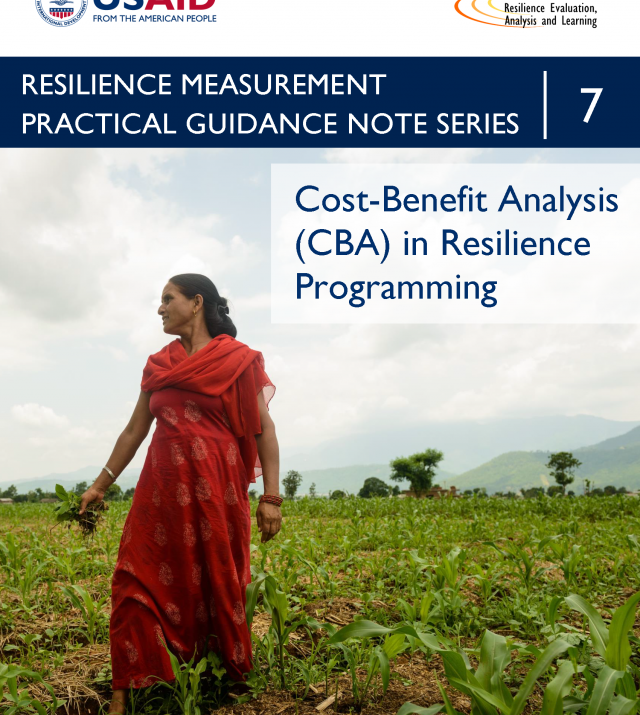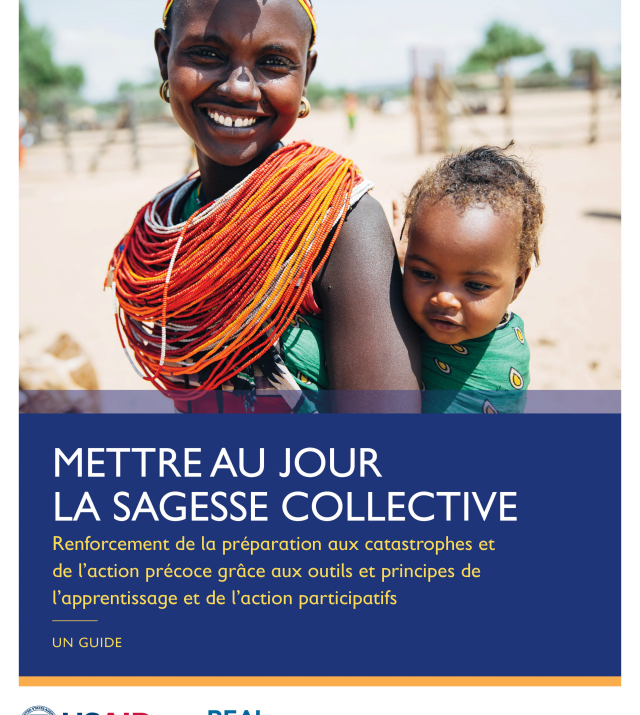
Building Resilience through Self Help Groups: Evidence Review

This report synthesizes the state of knowledge on the linkages between psychosocial factors and resilience through the lens of Self Help Groups (SHGs). The objective of the report is two-fold. First, it seeks to provide practitioners and researchers with a better understanding of what is already known about how psychosocial factors contribute to resilience through SHGs. Second, in synthesizing the state of knowledge on this topic, it highlights the gaps in the current evidence base to inform a learning agenda.
This report presents the current state of knowledge relating to:
- Self Help Groups and Resilience: Why do SHGs matter for resilience? In what ways do SHGs facilitate members’ capacity to cope, adapt and transform in the face of shocks and stresses?
- Building Psychosocial Factors through Self Help Groups: How do SHGs build psychosocial factors, namely social capital, and women’s empowerment? In what ways do these psychosocial factors interact with the economic factors that are also facilitated through SHG membership?
While the evidence base is limited and grounded largely in peer-reviewed studies from South Asia, this review indicates that SHGs, and women’s groups more broadly, can have substantial consequences for a range of women’s psychosocial factors. The evidence strongly indicates that psychosocial factors such as social capital and women’s empowerment are important sources of resilience. SHGs offer a promising opportunity to stimulate and strengthen both subjective and objective resilience capacities amongst their members, their households, and communities.
Building Resilience Through Self Help Groups: Evidence Review Summary Brief
This brief highlights some of the key messages in a report by the Resilience, Evaluation, Analysis and Learning (REAL) Associate Award—jointly written by The Share Trust and Mercy Corps—that provides a synthesis of the state of knowledge on the linkages between psychosocial factors and resilience through the lens of Self Help Groups.
Access the Summary Brief in French here.
Access the Summary Brief in Spanish here.

